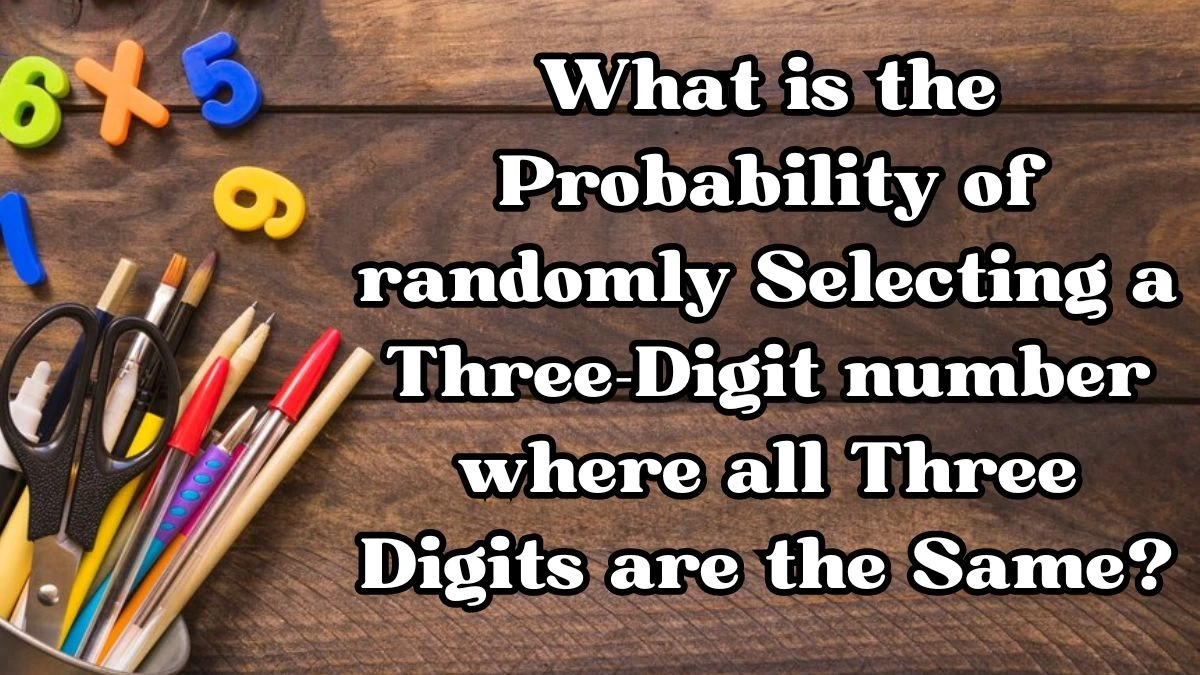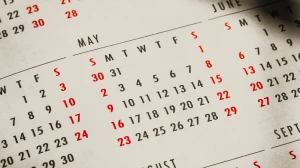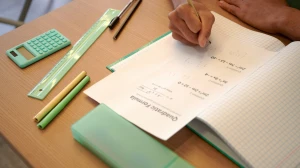What is the Probability of randomly Selecting a Three-Digit number where all Three Digits are the Same?
by
Updated Jul 09, 2024

What is the Probability of randomly Selecting a Three-Digit number where all Three Digits are the Same?
The probability of selecting a three-digit number at random where all three digits are the same can be calculated as follows:
There are 900 three-digit numbers in total, ranging from 100 to 999.
The numbers where all three digits are the same are 111, 222, ..., 999. There are 9 such numbers.
Probability is defined as the ratio of favorable outcomes to the total number of outcomes. Therefore, the probability P that a randomly selected three-digit number has all three digits the same is given by:
P = Number of favorable outcomes/Total number of outcomes
P = 9/100 = 1/100
So, the probability that a randomly selected three-digit number has all three digits the same is 1/100
What is Number theory?
Number theory is a branch of mathematics that deals with the study of integers and their properties. It explores the fundamental nature of numbers, their relationships, patterns, and theorems.
Divisibility:
Number theory helps in understanding divisibility rules and properties of integers. It explores when one number divides another without leaving a remainder, which is crucial in various mathematical problems and applications.
Prime Numbers:
Prime numbers are a cornerstone of number theory. They are integers greater than 1 that have no positive divisors other than 1 and themselves. Number theory gets into the distribution of primes, their infinite nature, and their role in areas like cryptography (prime factorization) and number generation.
Factorization:
Factorization involves breaking down a number into its prime factors. Number theory provides methods to efficiently factorize numbers, which is used in cryptography, solving equations, and understanding number relationships.
Congruences:
Congruences are equations that describe when two numbers give the same remainder when divided by another number. Number theory explores congruences and their applications in solving linear equations, number patterns, and cryptography.
Number Patterns:
Number theory investigates patterns in sequences of numbers, such as Fibonacci numbers, Lucas numbers, and other sequences. These patterns have applications in nature, art, and various fields of science and engineering.
Computational Number Theory:
With advancements in computing, number theory has expanded to include computational methods for solving complex problems involving large numbers, factorization, and prime number generation.
Mathematical Research:
Number theory continues to be an active area of research, with mathematicians exploring new theorems, conjectures, and proofs that deepen our understanding of integers and their properties.




